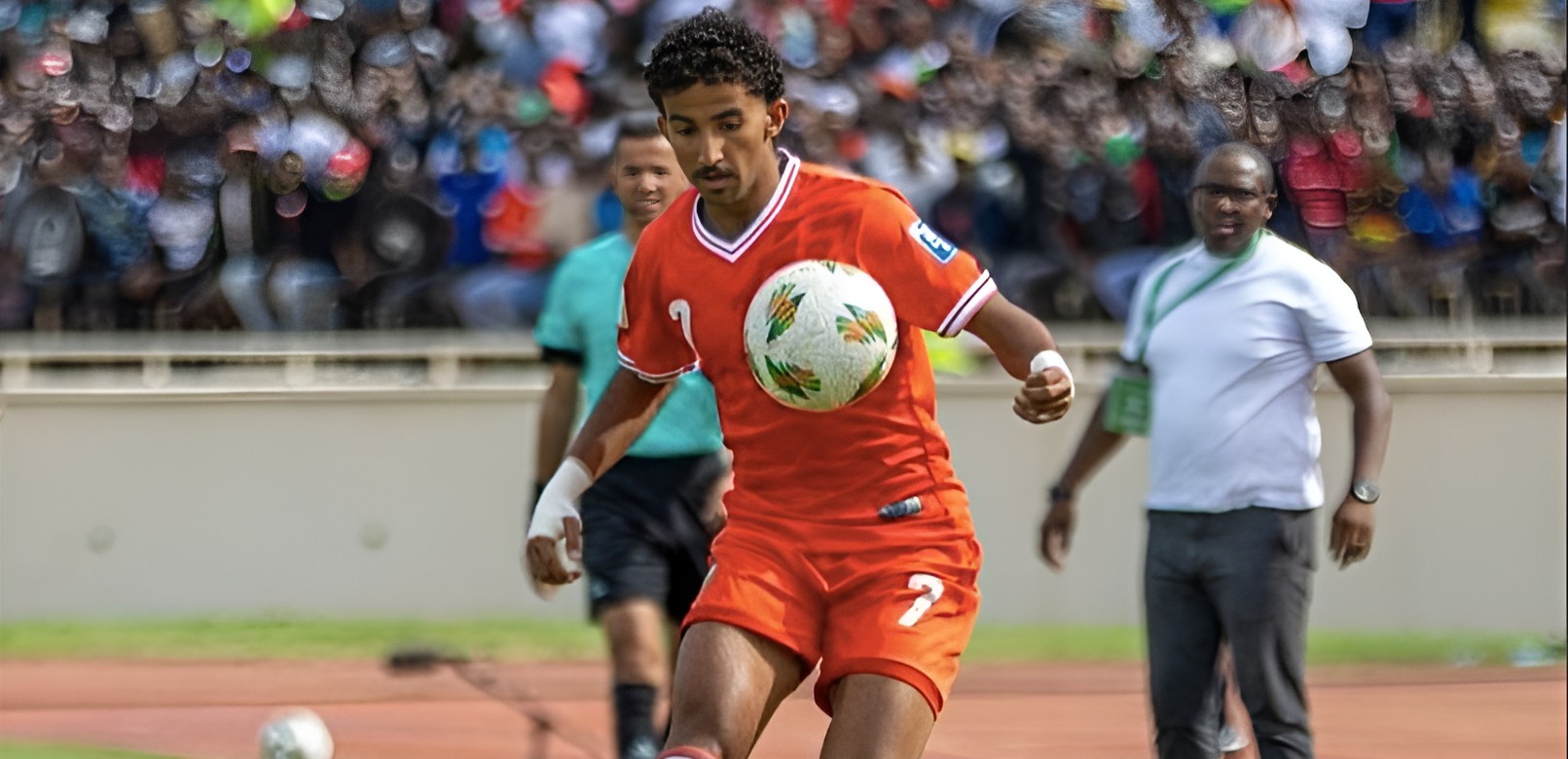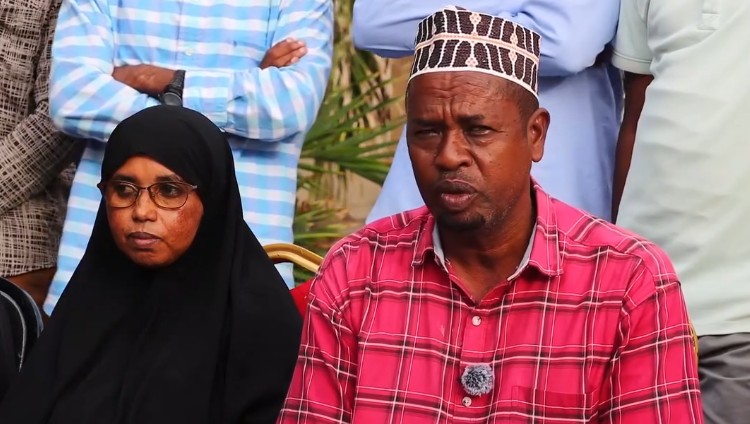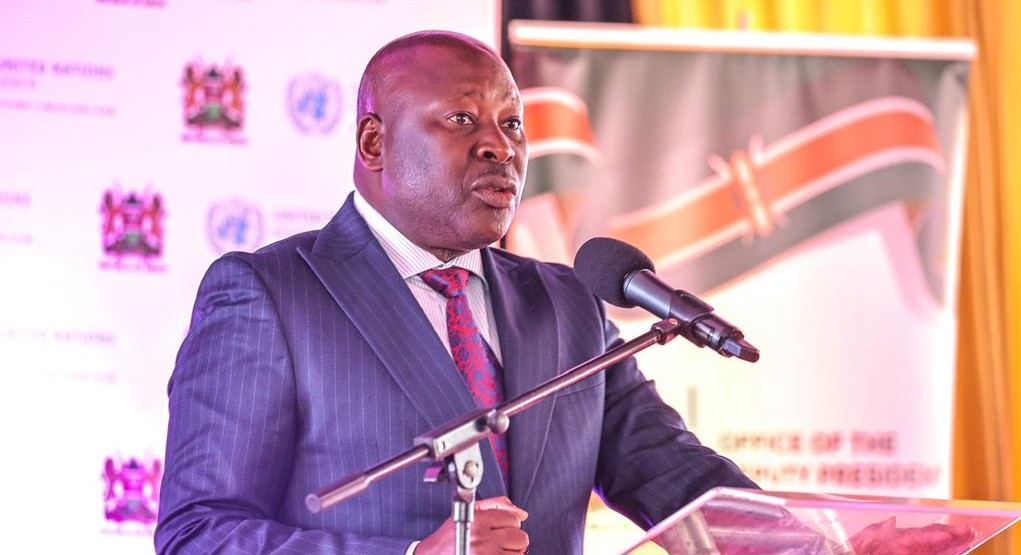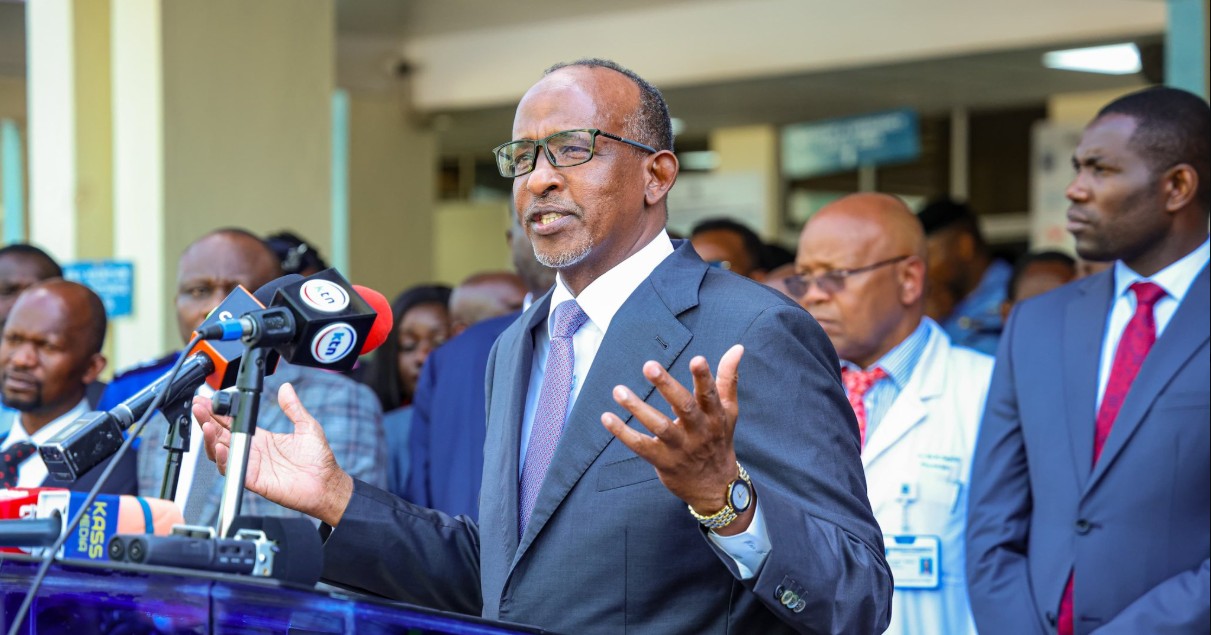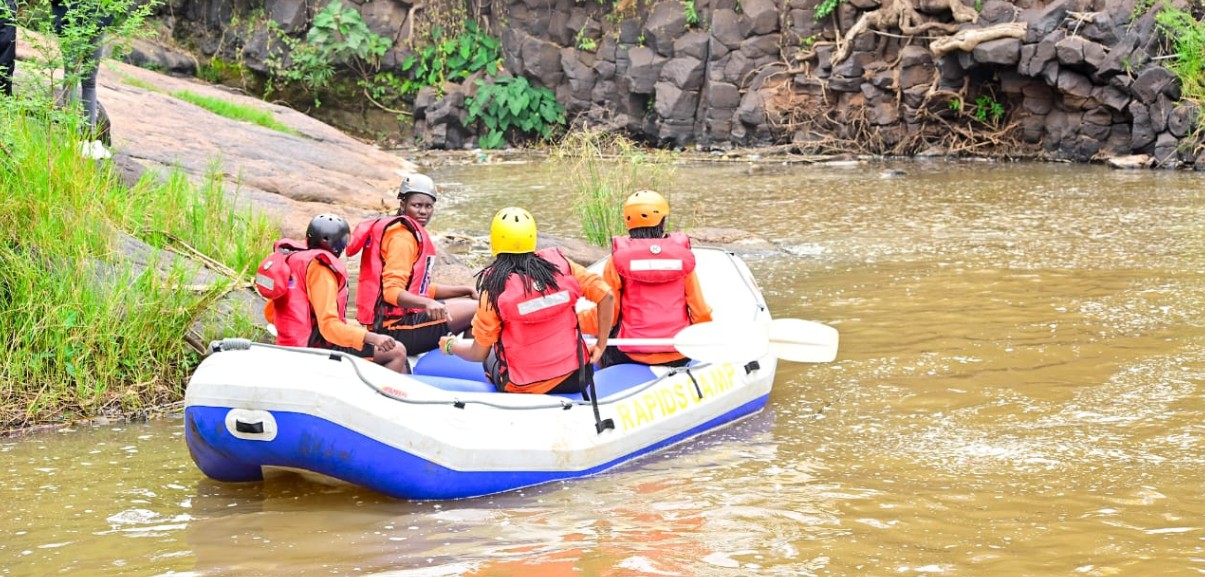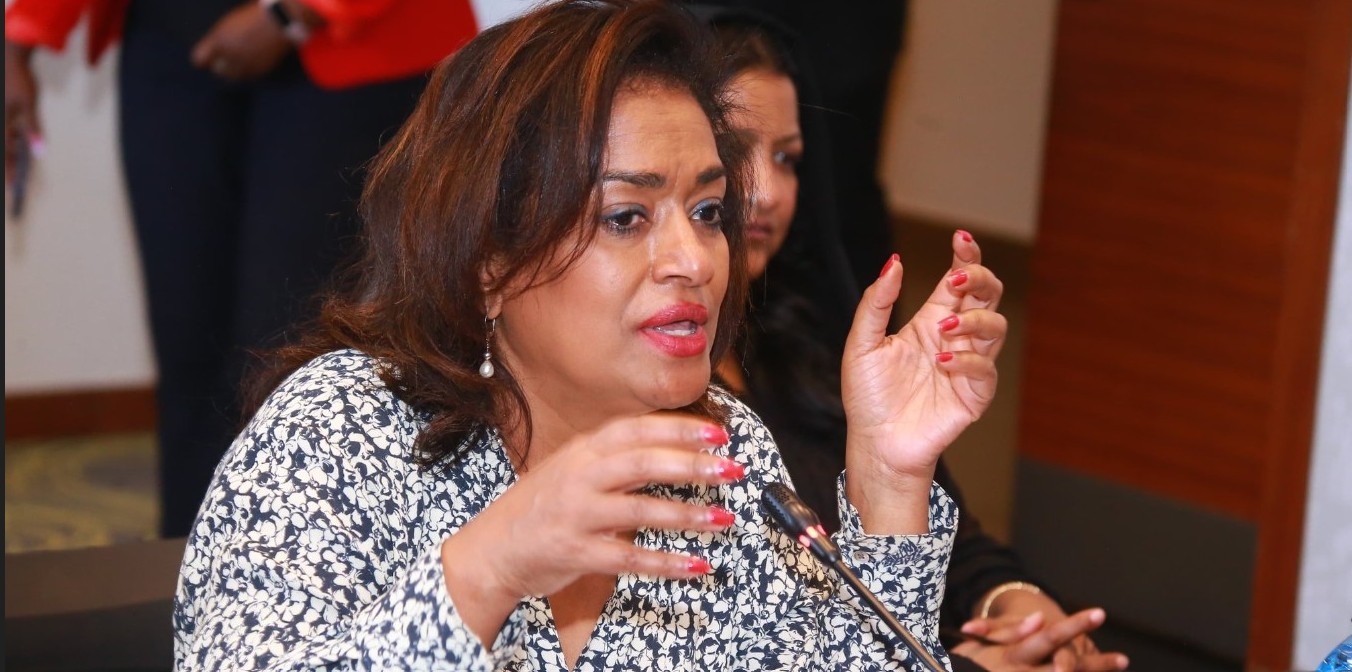45,000 first graders unable to start new school year in Gaza Strip - UNICEF
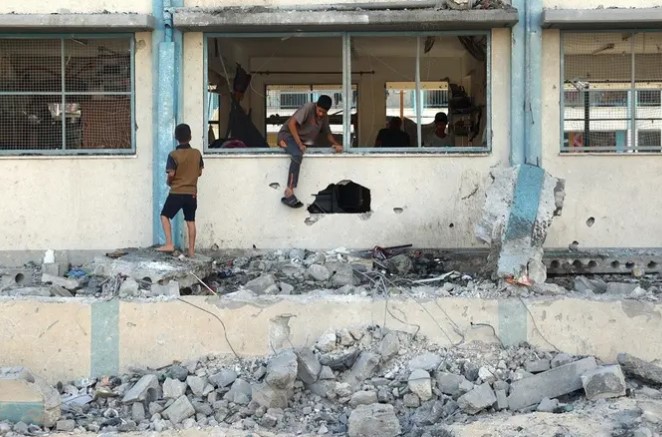
This situation compounds the hardship these first graders face, adding to the 625,000 children who have already lost an entire year of schooling.
As children in various Middle Eastern countries eagerly anticipated their first day of school, the reality is starkly different for at least 45,000 six-year-olds in the Gaza Strip.
They are being deprived of their fundamental right to education, a consequence of the ongoing conflict that has upended their lives, leaving them displaced and struggling to survive.
More To Read
- AU welcomes France’s planned recognition of Palestine as a step towards peace
- Pressure mounts on Israel to allow aid access in Gaza
- Over 100 NGOs call for urgent access routes for aid into Gaza
- Kenya endorses two-state solution amid Gaza crisis talks
- Israeli army using Chinese drones to bomb civilians in Gaza - report
- Six children killed in Israeli strike while queuing for water in Gaza
Monday, September 9, 2024, was slated to mark the beginning of the new school year across the State of Palestine, yet in Gaza, where the intensity of conflict persists, classrooms remain shuttered.
This situation compounds the hardship these first graders face, adding to the 625,000 children who have already lost an entire year of schooling.
With no end to the conflict in sight, UNICEF's Middle East and North Africa Regional Director Adele Khodr says the children face the looming possibility of a second year without education.
"Children in the Gaza Strip have lost everything – their homes, their families, and the safety of their daily routines," she stated.
"The absence of school deprives them of education and robs them of the sanctuary and stimulation essential for their bright futures."
Since October 2023, every school in Gaza has been closed.
Among the affected are 39,000 students who missed their final year of school and could not take crucial exams, marking an unprecedented disruption for a graduating class in decades.
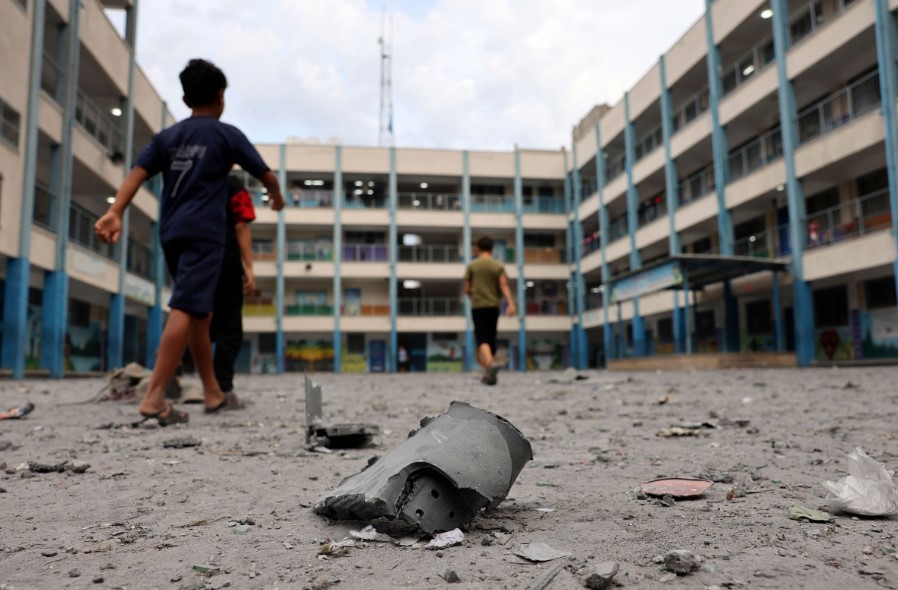 Palestian children walk past debris in the courtyard of a school run by the UNRWA following an Israeli airstrike targeting Gaza City. (Photo: Mohammed Abed/AFP/Getty Images)
Palestian children walk past debris in the courtyard of a school run by the UNRWA following an Israeli airstrike targeting Gaza City. (Photo: Mohammed Abed/AFP/Getty Images)
The impact extends beyond academic setbacks; older children face increased risks of exploitation, child labour, and early marriage without the protective environment of school. Meanwhile, younger children are at risk of stunted cognitive, social, and emotional development due to the absence of structured learning.
Movement restrictions
In the West Bank, including East Jerusalem, the start of the school year has also been marred by rising violence and movement restrictions since October 2023.
These challenges have worsened learning barriers for 782,000 students, with fear of violence and mental health concerns leading many to skip school.
As reported by UNICEF, both Gaza and the West Bank have witnessed a surge in attacks on schools in recent weeks.
In Gaza, 84 per cent of schools require extensive reconstruction or rehabilitation before reopening, while the West Bank has reported 69 attacks on schools and over 2,300 incidents affecting students and teachers.
Despite these urgent needs, education remains one of the most underfunded sectors in humanitarian appeals in Palestine, with UNICEF facing an 88 per cent funding shortfall for its education programmes.
To mitigate the crisis, UNICEF and its partners have established 39 Temporary Learning Spaces in Gaza, serving over 12,400 students.
These spaces offer essential educational resources, recreational activities, and mental health support for children, caregivers, and teachers in shelters.
"We must urgently find ways to restart learning and rebuild schools to secure the future of Palestine's next generations. Children need stability to recover from trauma and fulfil their potential," Khodr stated.
She called for an end to barriers hindering humanitarian efforts, stressing the need for safe access to education supplies and facilities in Gaza.
Above all, Khodr urged for a ceasefire in Gaza and de-escalation in the West Bank to ensure all children can safely return to school and damaged educational infrastructure can be restored.
Top Stories Today
- Court directs police to trace missing Wajir administrator by September 16
- Fake antibiotics behind Kenya’s deadly surge in drug-resistant infections
- Sonko was targeted for fighting graft, ex-Nairobi County official tells court
- Harambee Stars lose Mohammed Bajaber to Simba before CHAN opener
- Scam alert: Kenyans urged to report fake Inua Jamii foundation messages
- MP pushes for Sh6 million rewards and state honours for top Kenyan athletes





